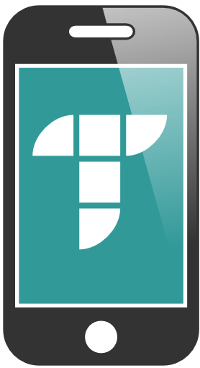
In July this year we presented a Textal poster at the Digital Humanities 2013 conference hosted in the United States by the University of Nebraska-Lincoln. The other day we were asked by the Journal of Digital Humanities if we could release the poster under a Creative Commons Attribution licence.
Indeed, we can.
The poster copy as reproduced below is hereby released under the CC BY 2.0 UK licence, as is the A2-sized conference poster [PDF] you might want to download.
Launched for iOS on 9 July 2013 after two years in development, Textal is a free smartphone app that allows users to analyze documents, web pages and tweet streams, exploring the relationships between words in the text via an intuitive word cloud interface. The app generates visualizations and statistics that can be shared without effort, which makes it a fun and useful tool for both research and play, bridging the gap between text analysis and mobile computing.
Text analysis is a powerful technique that has been used since the very first computers were built, yet it is not very well known to the public today. We built Textal to promote text analysis as a way to unearth the themes and hidden uses of language within text. We provide pointers that allow users to learn more about the technique, as we think of Textal as a public engagement tool for Digital Humanities which will give people a flavour of text analysis, and which might encourage them to take a deeper interest in computational analysis.
We also built Textal to explore the opportunities available in mobile computing. To determine the potential audience for this type of service and to learn more about the kind of texts people want to analyze, we are conducting a reception study into Textal’s uptake and usage, which we expect to be of great interest to the wider Digital Humanities audience. We are now watching uptake and usage closely: When someone uses Textal, their activity generates data which we are gathering and which we will analyse as part of a research project in order to learn more about opportunities for Digital Humanities tools in the mobile space. We will use the data we gather solely for research, and we will protect our users’ privacy throughout our work.
Textal was built by a very small team and, at present, the app is available only on iOS. Building an Android version will depend on the success of the iOS version.
The Textal team are happy to receive feedback from the Digital Humanities audience: to ask questions about Textal, do get in touch at info@textal.org. For regular updates, follow @textal on Twitter, and for more detailed information visit Textal.org!
